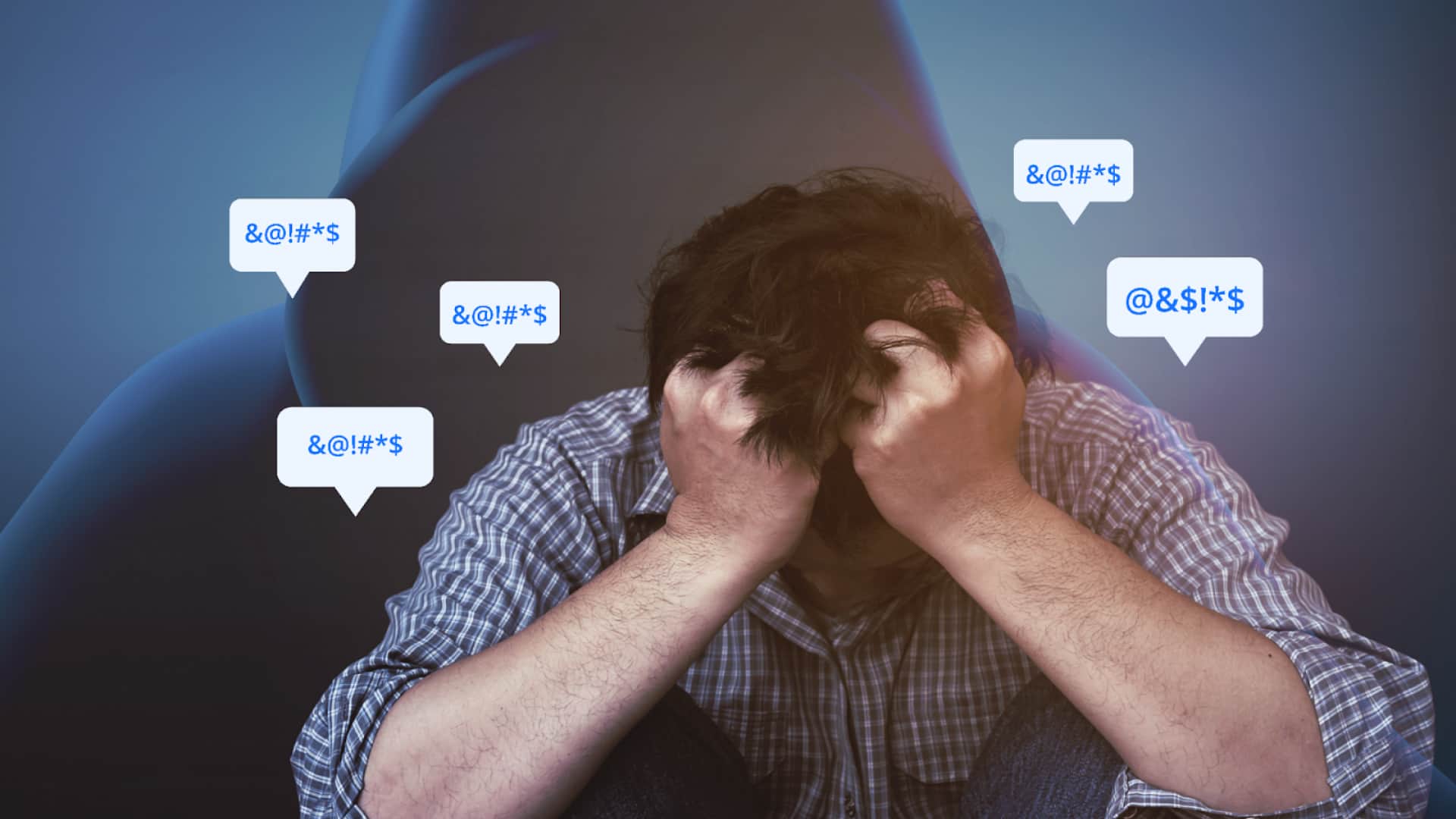
Among the actions or crimes that have begun to require an update of virtual regulation is defamation, because sometimes the anonymity that the network allows and the lack of control make it easy for anyone to feel comfortable expressing themselves without any responsibility for the information they transmit. Thus, it is very easy to make judgments and opinions without verifying the validity of the published data.
Defamation thus becomes a crime in the digital world. It is a general term that covers any statement that affects the reputation and image of a person or institution. It is considered a crime against honor, as is defamation, the difference between them being that in the latter the person accusing the injured party is aware of the falsehood of the information he is providing.
Fighting online defamation can be difficult, especially when it escalates into international legal issues. In cases where defamation leads to the issuance of a red notice by Interpol, it is important to know how to сhallenge a red notice in Germany. This process helps individuals to remove unjustified restrictions and protect their rights under German and international law.
Clear privacy policy and rules
Some digital channel companies or platforms have clear policies and privacy rules that provide guidance on the procedures by which they and users can report and act if a third party publishes defamatory information through these channels. Such a case, as reported by the BBC, was experienced by the owner of a computer services company in the United Kingdom, who was accused of pedophilia and theft because of a comment made by an alleged customer on Google's Place. The victim reported the incident to Google, and 18 months later, after all the investigations, the internet giant removed the comment that disgraced the reputation of the owner of the computer company. Unfortunately, even though the news source removed the false information, other media outlets copied it and made it organic, maintaining and correcting the damage on other portals.
When faced with a defamation case on the Internet, it's important to remember that information can go viral in no time, so act quickly. Here are some of the actions you should consider if you are a victim of this crime:
- Identify the author of the defamation and, if possible, trace the information to see which sites it was published on.
- If you have been able to identify and contact the author (not always possible), please contact them and request that the information be corrected. If necessary, support your arguments with the evidence you have.
- If the author of the information refuses to correct it, it is necessary to take measures before the court. It is best to get legal advice in this area. If this is not possible, you can personally investigate the security and privacy policies of the pages on which the information was posted and contact their administrators to assess the situation and the actions that need to be taken.
- In a trial, it is the judge who determines whether the case is a crime of defamation and summons the accused to make a decision that can lead to the removal of the comment from the network. Thus, the trial develops when the crime is committed in the media outside the Internet connection.
- It is important to constantly monitor what is being said about us (if we are a public figure) or about our company on the networks in order to be able to act accurately and quickly against defamatory actions. Google Alerts is a good strategy to monitor posts.
Collect as much evidence as possible to support your arguments at any stage of the process. - Experts warn that we need to be very clear about the difference between defamation and personal opinion, as well as the possible exceptions, as opinions or hate speech cannot contain any wrongdoing unless they accuse someone or a legal entity of committing certain offences.
- Training is essential to prevent these types of actions that can seriously affect your reputation. It's about being responsible and careful when sharing information online, as not everything posted has been properly verified.
- Make a map of where the news was published.
- Contact whoever is responsible and demand the right to rectification.
Although reports of such cases have increased exponentially due to the development of digital platforms and their use in the world, few cases reach a legal resolution, as the perpetrators usually apologize to the affected parties in advance. When this happens, sanctions are lifted or relaxed depending on the situation and the aggravating factors.
Find out also: What do US sanctions against Rosneft oil company mean?